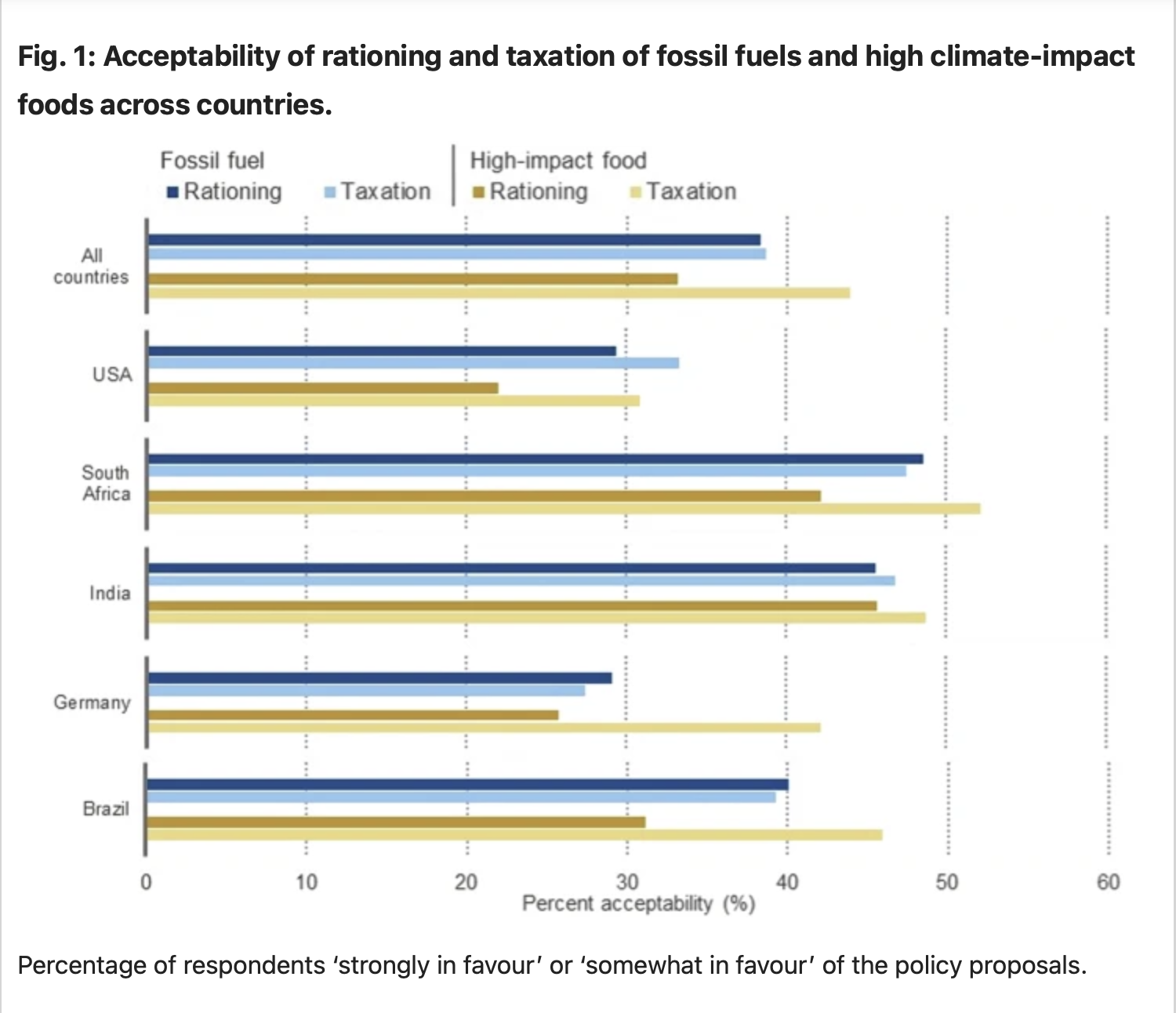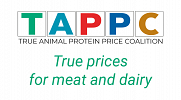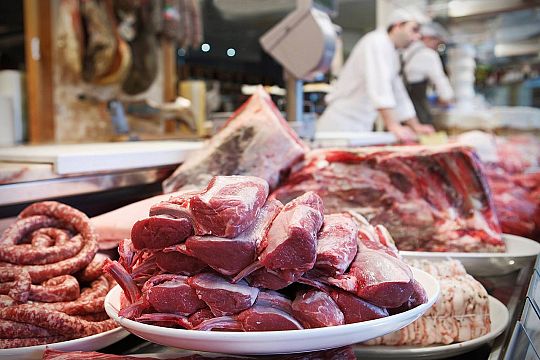Survey in USA, Germany, India, South Africa, and Brazil: 44% supports tax on meat
The Climate Change Leadership Group at Uppsala University conducted a large-scale study, published in Nature, on the acceptance of rationing versus taxes on meat and fossil fuels. For the study, an online survey was conducted with 9,000 participants from five countries: Germany, India, South Africa, Brazil, and the United States. The study showed a tax on meat is favoured over a tax on fossil fuels, a remarkable result, because most countries have taxes on fossil fuels but no taxes on meat.
Across the full sample, 38% of the respondents accept fossil fuel rationing (monthly limits on fossil fuel purchases), 39% accept fossil fuel taxation, 33% accept high climate-impact food rationing (monthly limits on meat purchases) and 44% accept taxation on high climate-impact foods. Nearly 50% of the respondents in India and Brazil accept a tax on high climate-impact foods like meat, while 53% of respondents in South Africa accepts such meat taxes. In the USA this is only 31%, in Germany 43%.
These results are shown in the figure.

The study focused particularly on examining the potential for addressing the climate issue through rationing. The researchers attribute the preference for taxation over rationing in the case of meat to the strong cultural embeddedness of food, respondents' perception of food as a nutritional necessity, and a lack of awareness regarding the climate impact of food. The difference in acceptance between food rationing and taxation is especially pronounced in Germany and Brazil, where taxation is strongly preferred.
TAPP Coalition is happy to see the new results. Previous consumer surveys in rich countries showed that a majority of consumers support a meat tax, if tax revenues are used to reduce taxes for healthy food products and to compensate farmers. TAPP Coalition expects that consumers in Germany, the USA, India and Brazil would accept a meat tax in majority, if meat tax revenues will be used in this way. But this was not part of the survey in those countries.
An IPSOS Survey in Germany, France, Netherlands in 2023, commissioned by TAPP Coalition showed a majority supports a meat tax if healthy food will be cheaper.
A survey in the USA, Germany and China (2021 or 2020) showed a small 50+ % majority of respondents support stringent policy packages to reduce the consumption of pork and beef, including a tax on meat (15% higher price in the USA and Germany, 30% higher price in China).


